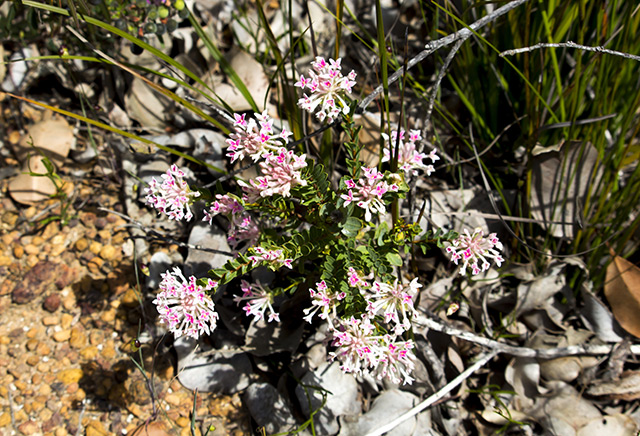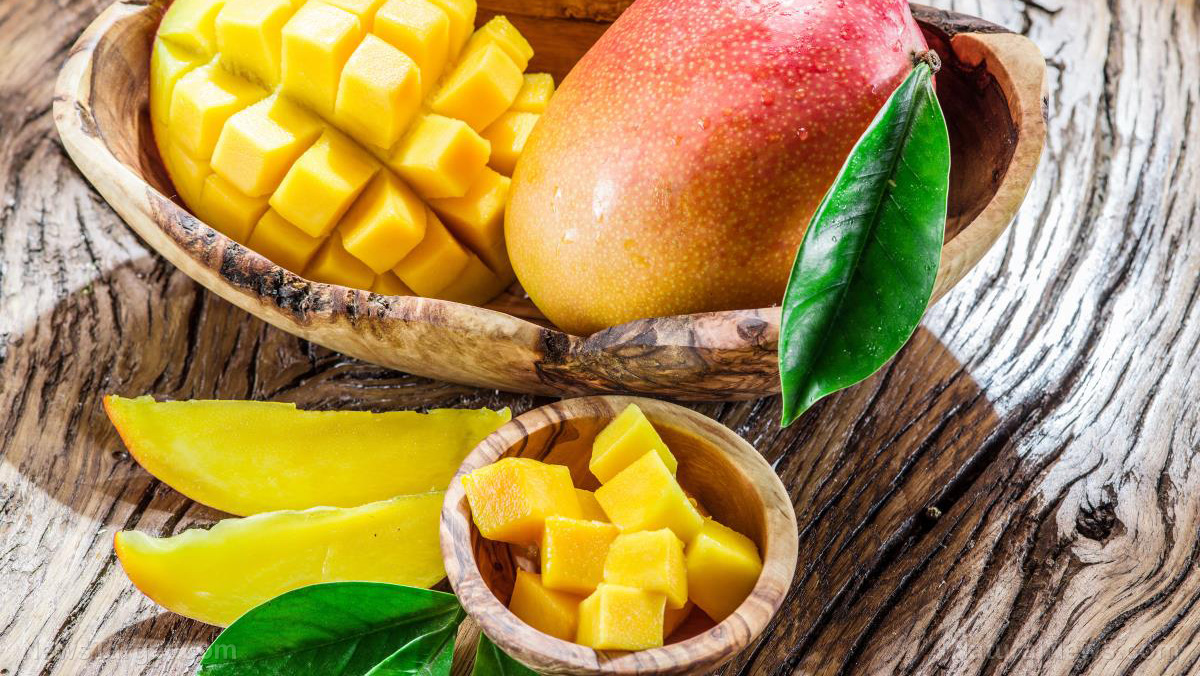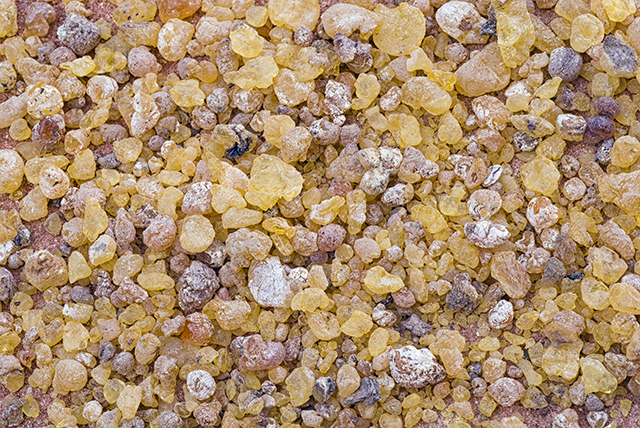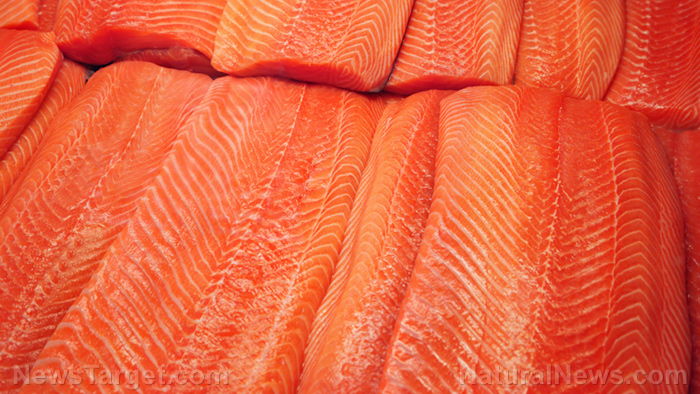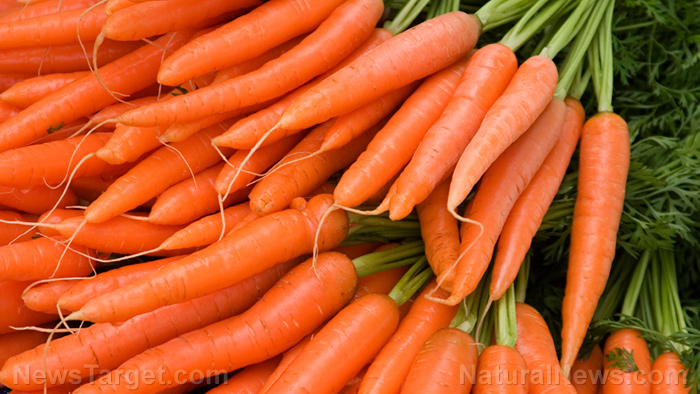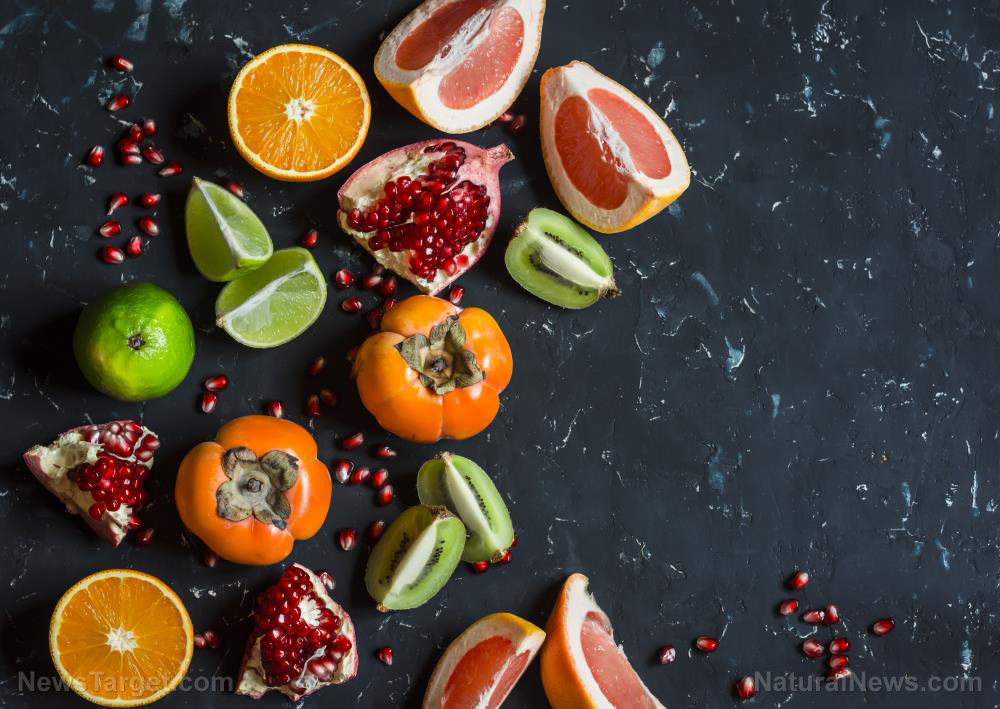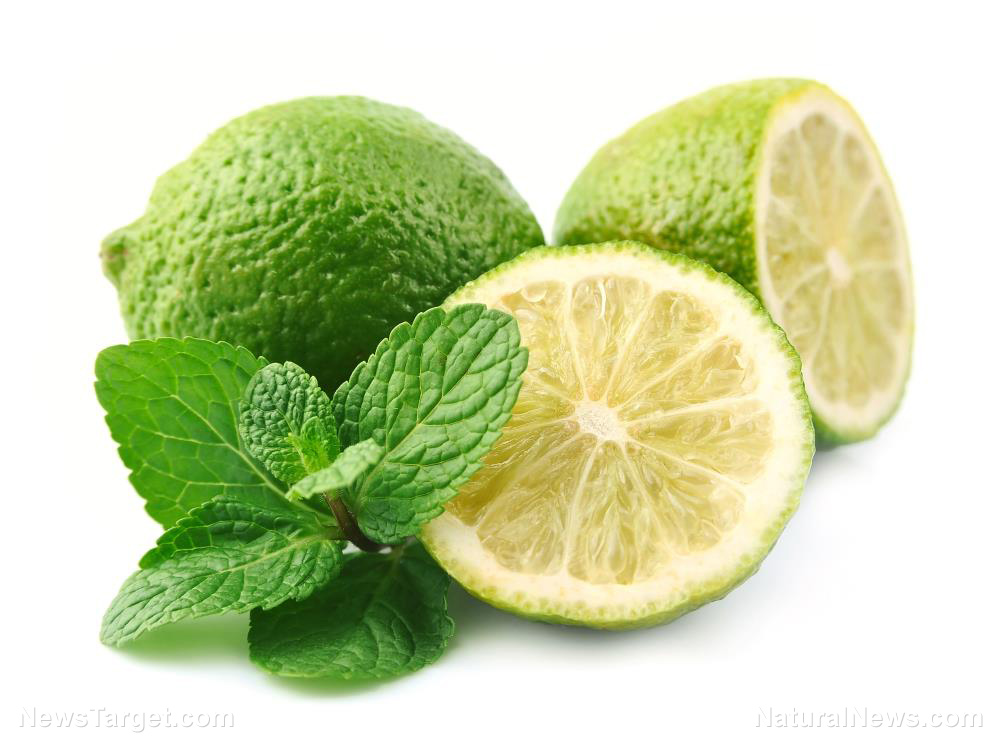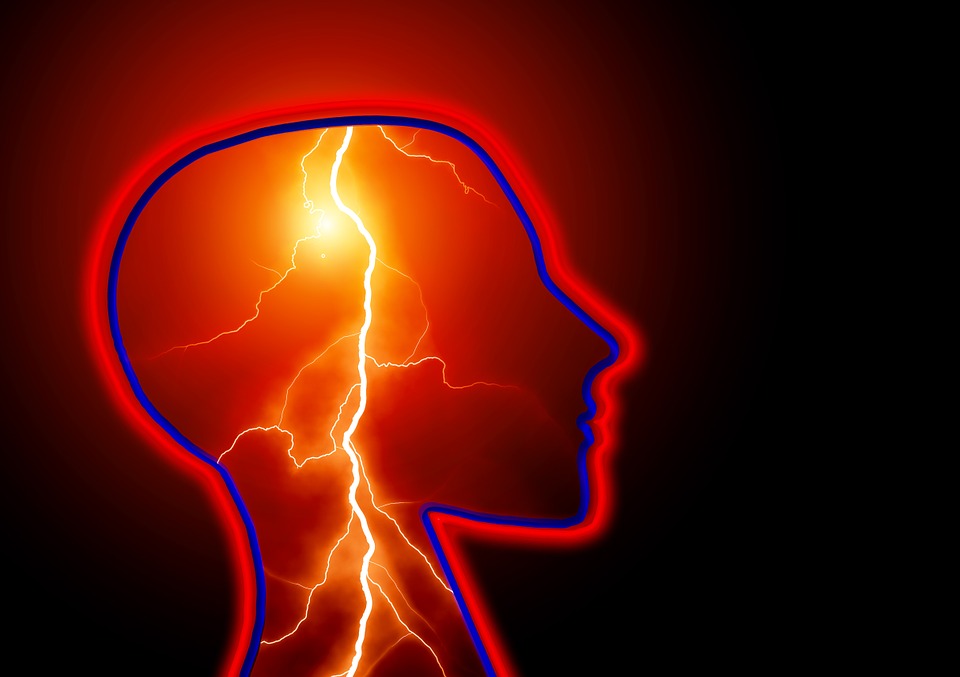Why black beans are the best foods for hypertensive people
10/26/2018 / By Mary Miller
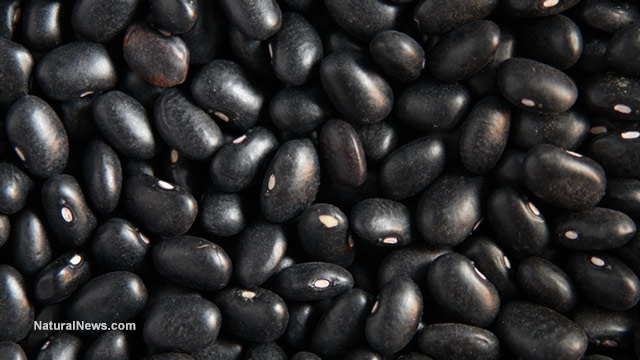
Black beans are legumes that are packed with fiber, potassium and protein. This winning combination of nutrients will greatly benefit sufferers of hyptertension.
A popular ingredient in Latin American dishes, black beans can often be found in soups, salads, and burritos. It is a more affordable alternative to meat while still remaining an excellent source of protein. In fact, a single cup of black beans holds 15 grams of protein.
Hypertension, also called high blood pressure, is the condition wherein the pressure of blood in a person’s blood vessels reach uncontrollably high levels. It is known as the “silent killer” because it often leaves no symptoms and most sufferers don’t even realize they have it. It is a dangerous condition because it puts a person at risk of health complications, such as heart attacks or strokes, without them even knowing.
Fortunately, this can be easily diagnosed by regularly checking your blood pressure. Furthermore, the effects of hypertension can also be curbed with the help of black beans. (Related: A wonderful fruit: Black beans lower blood pressure, reduce degenerative disease and much more.)
The powers of protein and potassium
A study from Mexico’s National School of Biological Sciences of the National Polytechnic Institute (IPN-ENCB) had researchers study and isolate two of the main proteins in Jamapa black beans with the use of computer simulations. These proteins were fasolina and lectin. The researchers hydrolyzed these proteins with pepsin-pancratin, which released peptides with strong antihypertensive properties.
100% organic essential oil sets now available for your home and personal care, including Rosemary, Oregano, Eucalyptus, Tea Tree, Clary Sage and more, all 100% organic and laboratory tested for safety. A multitude of uses, from stress reduction to topical first aid. See the complete listing here, and help support this news site.
The researchers intend to develop future products utilizing the protein to help lower blood pressure. The proteins were also found to have properties that helped lower glucose, cholesterol, and triglycerides.
Black beans also contain potassium, a mineral that reduces blood pressure naturally. It does this by balancing out the negative effects of salt. Eating salt increases the amount of sodium in one’s body. Sodium causes the body to retain fluids, increasing blood pressure. Having a low sodium intake is necessary to maintain blood pressure at a normal level.
Coupled with living a healthy lifestyle, eating black beans will go a long way in restraining the early onset of hypertension. In doing so, they also promote a healthy heart and good blood circulation.
Other benefits of black beans
This humble legume doesn’t just stop at treating hypertension. Its nutrients have a plethora of other uses. Some of these benefits include:
- The fasolina and lectin proteins were additionally found to have antioxidant properties. These can help prevent cancer and oxidative stress.
- The proteins also demonstrated chelating activity, which facilitates the removal of heavy metals from the body.
- Fiber helps reduce cholesterol levels and promotes regular bowel movement.
- Magnesium aids in bone growth and metabolism.
- The proteins and fiber also help reduce glucose levels. This is helpful for diabetics in controlling their blood sugar.
- Dietary fibers can also aid in weight loss.
Black beans are beneficial to the body in so many ways that they’re practically a superfood. Not just that, they’re super cheap too, considering all the minerals they are loaded with. They nearly rival the nutrient content of chicken, beef, or fish at only a third of the price. If you haven’t already, it’s high time to add black beans as part of your nutritious, balanced diet.
If you want to learn more about natural food cures, visit FoodCures.news.
Sources include:
Tagged Under: antihypertensive, antioxidant, beans, black beans, blood, blood pressure, disease prevention, food as medicine, Healthy, Heart, high blood pressure, hypertension, hypertension prevention, hypertensive, ingredients, lectin, legume, legumes, Mineral, natural cures, natural remedies, Nutrient, nutrition, potassium, protein, Proteins, research, Veggies


